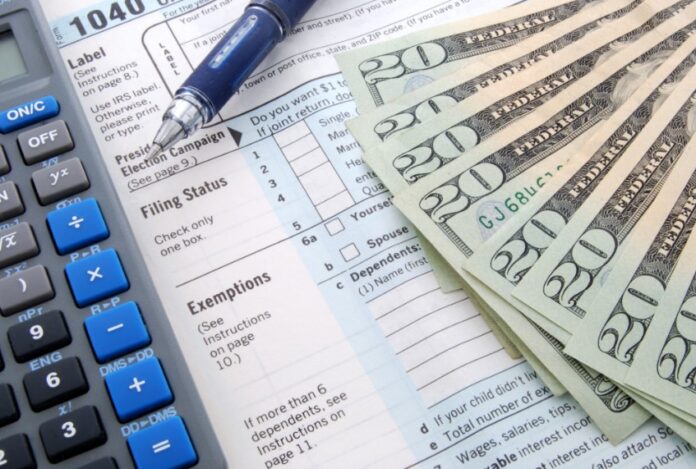Business income tax is an essential concern for any small business entrepreneur. To ensure you comply with federal income tax law, keep tabs on your company’s earnings and expenses.
Since tax laws are constantly changing, you must have reliable tax guidance. Getting tax help can be easier, but many entrepreneurs like to educate themselves on tax law fundamentals to hold productive conversations with their tax professionals.
If you’re interested in learning more about some of the business income tax basics, keep reading below!
1. How Business Income Tax Works
Business income tax is imposed on the net income of a business. The business’s taxable income determines the tax rate. The tax rate is progressive, meaning the tax rate increases as the business’s taxable income increases.
The tax is imposed on the business’s net income, which is the business’s total income minus the business’s expenses. The tax is payable to the government.
2. What Types of Businesses Are Required to Pay Business Income Tax
It is essential to know that all businesses must pay business income tax. Some companies are exempt from paying this tax.
These businesses include sole proprietorships, partnerships, and S corporations. If your business is one of these, you will still need to file a business income tax return, but you will not be required to pay the tax.
You should know that the amount of business income tax you must pay will vary depending on your business type.
3. How to Calculate Business Income Tax
This is based on your business’s profit during the year and is typically calculated using your business’s net income.
To calculate your business income tax, you’ll need to determine your business’s taxable income, which is the total income your business earns minus any allowable business expenses.
Once you have your taxable income, you’ll need to apply the appropriate tax rate to this amount, which can vary depending on your business and the profit you make.
4. When Business Income Tax Is Due
Business income tax is usually due quarterly, but some businesses may be required to pay monthly.
Failure to pay business income tax can result in penalties and interest, so staying on top of your tax obligations is essential. If you have questions about business income tax, speak with a profits tax management service professional.
5. What Happens if You Don’t Pay Business Income Tax
Depending on the size of your business, you could be subject to late fees, interest, and penalties.
The Internal Revenue Service (IRS) could also file a tax lien against your business, which could impact your ability to obtain financing in the future. You could eventually face criminal charges if you repeatedly fail to pay your business income taxes.
Take Good Care of Your Business!
It is essential to know about income taxes if you are a business owner. Business income tax can be complicated, but there are some things that you can do to make the process easier.
By knowing these things, you can ensure that you are paying the right amount of tax and saving money on your taxes.
Looking for more informative articles? Please read the rest of our blog.










